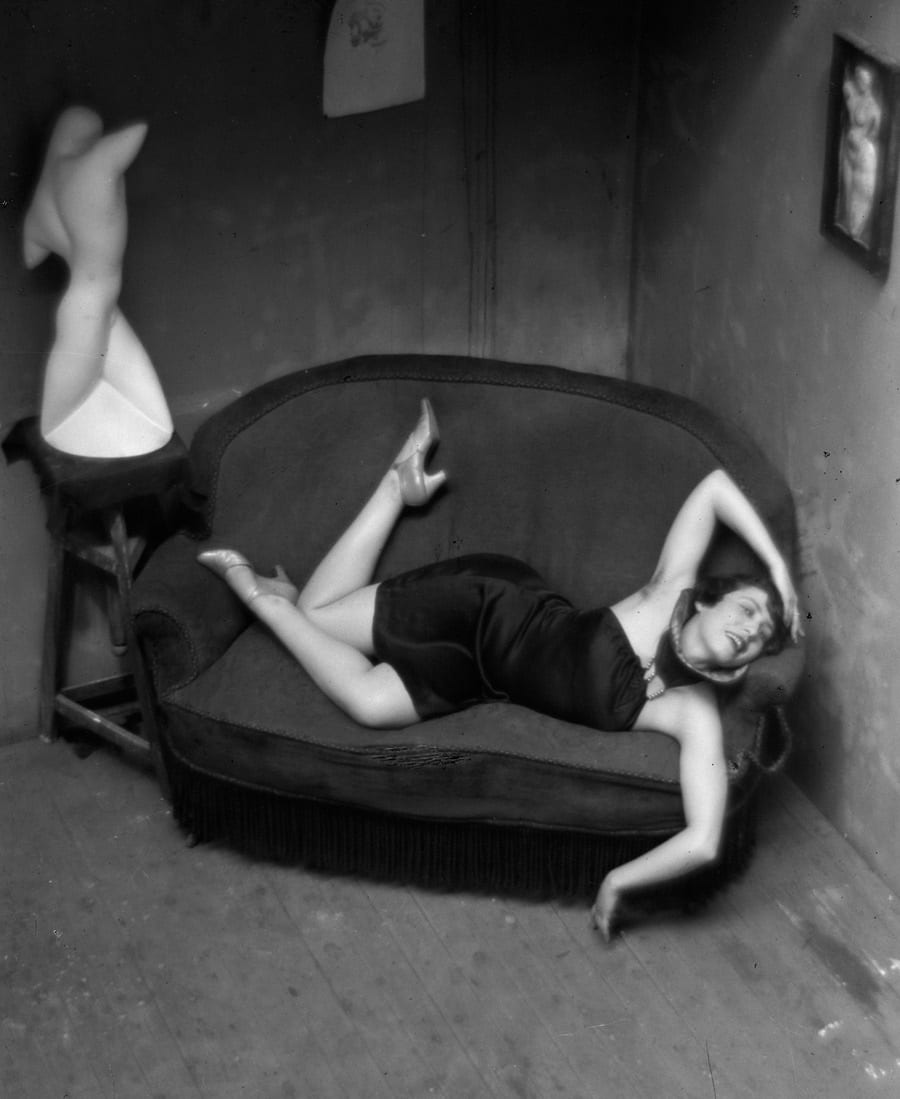“Green was the silence, wet was the light, the month of June trembled like a butterfly.” — Pablo Neruda
Brassaï is best known for his iconic photographs of Paris in the 1930s, capturing the city’s nightlife, streets, and inhabitants in a way that has left a lasting impact on the history of photography. His work has greatly contributed to the idea of vernacular photography, blurring the lines between street photography and fine art.
“Fathering is not something perfect men do, but something that perfects the man.” — Frank Pittman
Norman Parkinson greatly influenced the world of fashion photography with his inventiveness, charm and eccentricity. Renowned for taking his subjects out of the studio and into the world, Parkinson’s easy and casually elegant style was a breath of fresh air at the time, and it has left a mark on fashion-based photography.
“May my heart always be open to little birds who are the secret of living.” — E.E. Cummings
The still-life photographs of Paulette Tavormina are anything but still; on the contrary, they are full of life. Recalling sumptuous details of seventeenth-century Old Master painters such as Francisco de Zurbarán, Adriaen Coorte, Juan Sánchez Cotán, and Giovanna Garzoni, Tavormina’s painterly compositions serve as intensely personal interpretations of timeless, universal stories and themes of of life and love, of joy and sorrow.
“A photograph can be an instant of life captured for eternity that will never cease looking back at you.” — Brigitte Bardot
One of Adam Fuss’ most iconic series, ‘My Ghost,’ embodies his distinctive photographic style and thematic depth. He began the series in 1994, and it is considered one of Fuss’s most iconic and emotionally resonant bodies of work.
Discover the captivating journey of photographer Tom Baril through an insightful interview. From his early fascination with photography to his role as Robert Mapplethorpe’s printer, Baril’s story unveils a rich tapestry of artistic evolution. Delve into his transition from urban landscapes to still lifes, his mastery of pinhole photography, and his exploration of alternative processes like wet plate collodion printing. Experience Baril’s contemporary vision intertwined with references to photography’s modernist roots, offering viewers a unique perspective on fleeting beauty, the fragility of nature, and the passage of time.
Bruce Davidson is an American photographer known for his humanist and intimate approach to documentary style photography. Chronicling some of the most important stories of the 20th century, his photographs have profiled subject matters such as the Civil Rights Movement, subways, circus performers and the rise of the teen culture in America.










